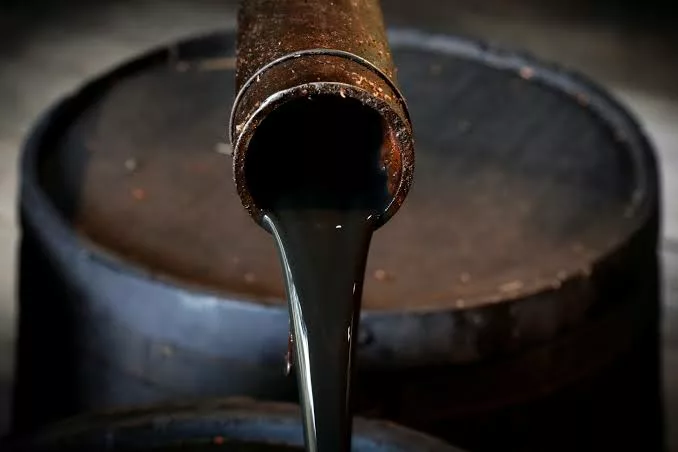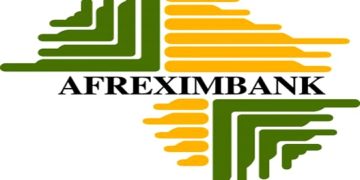In a significant development for Nigeria’s oil and gas industry, Shell Petroleum Development Company Limited (SPDC) has delivered 475,000 barrels of crude oil to the Port Harcourt Refinery, marking a crucial step towards its imminent restart after years of inactivity.
The Port Harcourt Refinery, one of Nigeria’s four state-owned refineries, has been plagued by years of neglect and disrepair. Its rehabilitation, which began in 2019, aimed to restore its capacity to process 210,000 barrels of crude oil per day.
A total of 475,000 barrels of oil was delivered to the Port Harcourt refinery on January 18, Shell’s Bonny oil terminal manager Osita Nnajiofor said in an emailed statement on Friday to Reuters.
The Bonny Oil & Gas Terminal (BOGT), operated by Shell, completed the delivery in January 2024.
“Future supplies from Bonny oil and gas terminal would be guided by the demand for the product,” he said.
Bamidele Odugbesan, Shell’s spokesman, told Reuters by phone that the oil deliveries to the refinery were made this week.
This move signals a potential game-changer for the Nigerian economy, aiming to boost domestic fuel production and reduce reliance on imported products.
Nigeria’s state oil firm NNPC Ltd last month tendered for operators for its Port Harcourt refinery in the oil-rich Rivers state.
The NNPC at the turn of the year said it planned to complete test runs at the refinery by the end of January in a major step towards resuming operations five years after the plant was shut down.
Port Harcourt is one of four state-owned refineries that have been mothballed for years, but which the government is trying to revive to end the country’s reliance on fuel imports.
In a related development, the Shell companies in Nigeria, are seeking the support of the Nigerian Content Development and Monitoring Board (NCDMB) to achieve accelerated development of three major oil and gas projects notably Bonga North deepwater and HI and HA, which are conventional gas projects.
the executive secretary, NCDMB, Engr. Felix Omatsola Ogbe received the delegation from the international oil company led by the Chairman of Shell Companies in Nigeria (SCIN), Mr. Osagie Okunbor, and the Managing Director of Shell Nigeria Exploration and Production Company (SNEPCo), Mrs. Elahor Aiboni, at the Board’s liaison office in Abuja.
In his remarks, the executive secretary confirmed that NCDMB would sustain its momentum in expeditious consideration and approvals of oil and gas projects, by meeting the timelines set by the Service Level Agreement (SLA) instituted for shortening the contracting cycle for oil and gas projects.
He charged international oil and gas companies in Nigeria to meet the thresholds set by the Nigerian Oil and Gas Industry Content Development (NOGICD) Act in their projects, while being transparent with their project plans submitted to the Board. He advocated that oil and gas projects should be executed with a win-win mindset, whereby NCDMB is able to meet its mandate and create opportunities for local oil service companies to get engaged and employ Nigerians, while the operating companies deliver their projects profitably and timeously.
In his presentation, the chairman of Shell Companies in Nigeria (SCIN), Osagie Okunbor conveyed the company’s determination to take the Final Investment Decision (FID) on some of the major projects in 2024, which would benefit the Nigerian oil and gas industry and the national economy.
He clarified that the planned divestment by Shell Petroleum Development Company (SPDC) would not affect any contract duly entered by the company, while the major projects in the pipeline, especially the gas projects would be developed under SNEPCo. He added that the divestment was a business realignment and would only affect the shareholding structure of the company, while the operations and staff would remain intact.
Speaking on the new projects, Okunbor indicated that the Bonga North project would be a tie-back project that would unlock about 350 million barrels of oil equivalent and extend the life of Bonga Floating Production Storage and Offloading (FPSO) for another 15 years.
He mentioned that the company had made appreciable progress in the plans for HI and HA projects which would supply 50 percent of the gas required for the successful operation of the Train 7 project currently being developed by the Nigeria Liquified Natural Gas (NLNG) Company.











